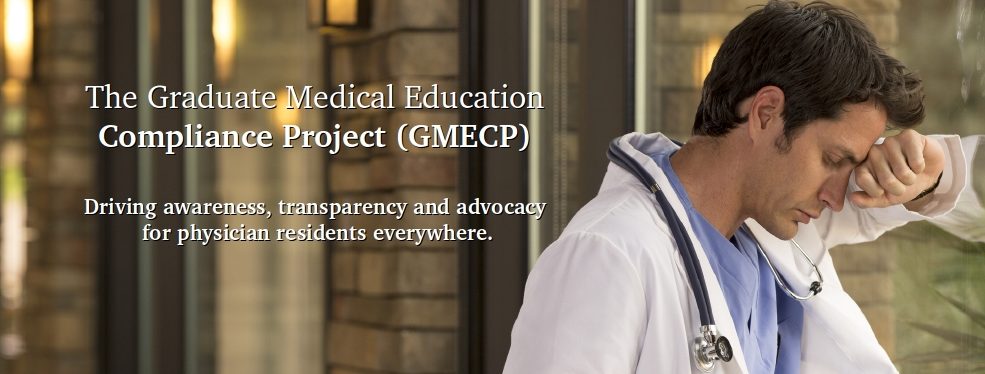The resident in this petition was not able to overcome the academic assertions that she would not be able to function independently as an orthopedic surgeon. On GMECP review, there appear to be significant issues with due process, evaluation, probation terms, remediation plans, disallowed academic appeal, dysfunctional faculty behavior, lack of true deliberative and conscientious review of her record,… as a partial list.
The reality (in our opinion from many interactions with residents and faculty) is that once a resident is marked as a problem by the program director (or another powerful faculty), the scrutiny by everyone else is increased such that the resident can be held to a different standard than his peers. This is a form of group think, and the cards can become stacked against him. Whether this was the case for the resident cannot be known. However, on review of the summary judgment, it seems that no faculty attempted to identify and help her improve specific supposed deficiencies. Meanwhile, the complaints started to pile up. For example, there is a criticism that she was deficient in the OR, so she was given less time in the OR in order to “work on basics.” Then, she was subsequently criticized because she didn’t improve in the OR. This type of setup can become a no-win situation for a resident.
Admittedly, there were other issues involved, but one can wonder if the resident received deliberate, non-biased assessment and purposeful assistance, mentorship and feedback. This is particularly concerning, because on our research, it looks like the resident went on to finish orthopedic residency in Texas. How valid is the determination by Johns Hopkins of the resident’s inability to become an independent orthopedic surgeon when she goes on elsewhere to become just that? How valid are the opinions and assessments of some programs, faculty, directors?
The courts do not have the ability to understand or direct the intricacies of medical training. They must defer to the physicians that control the profession and determine the eligibility of its members. The courts can only determine legal issues. Making a legal case for an academic situation is extremely difficult. How well has our profession overseen its training programs, requirements, environments, compliances, behaviors,…? Did our profession do this resident, and residents like her, justice?
.
.
Our Programs. Our Future. Our Responsibility.

GMECP: Driving education, awareness, and positive change towards systemic improvement for our programs’ residents, faculty, and staff.
⇐ To Home Page
*Disclaimer: We are in no way associated with or supported by any educational, administrative, accreditation, licensing or oversight body mentioned in these pages.
*Legal: Institutional images and names are used non-commercially and under concepts of fair use, public domain, sharing of newsworthy and public-benefiting criticism, and with an unlikelihood of confusion as to trademark usage.
